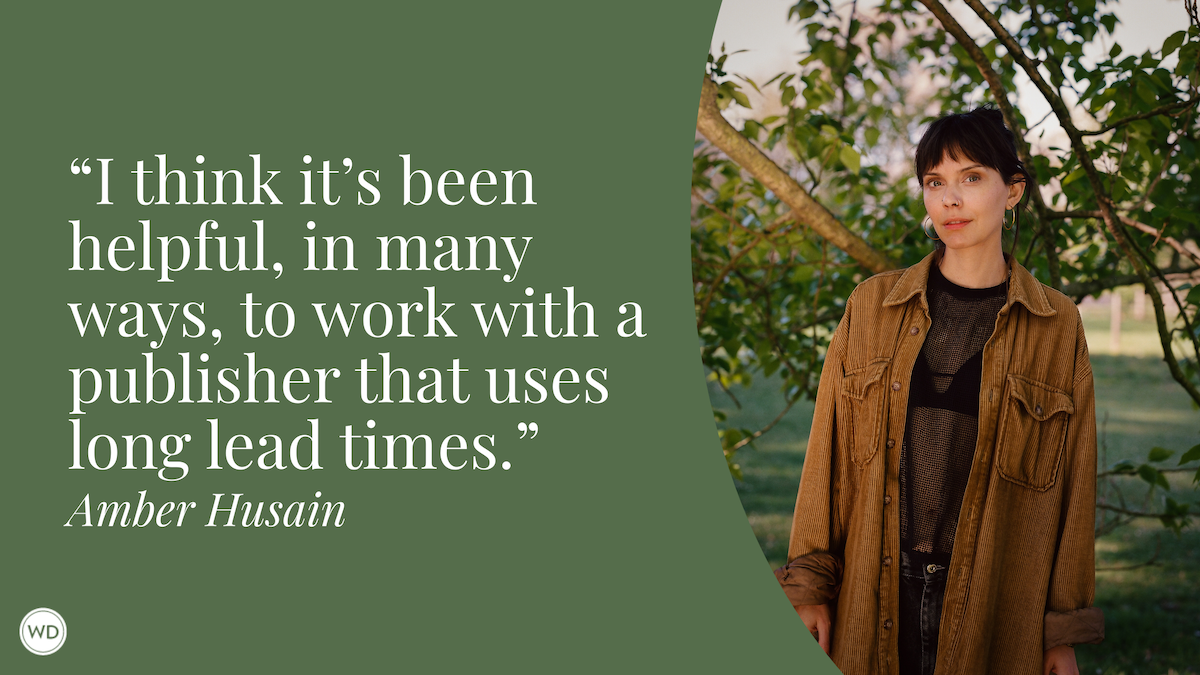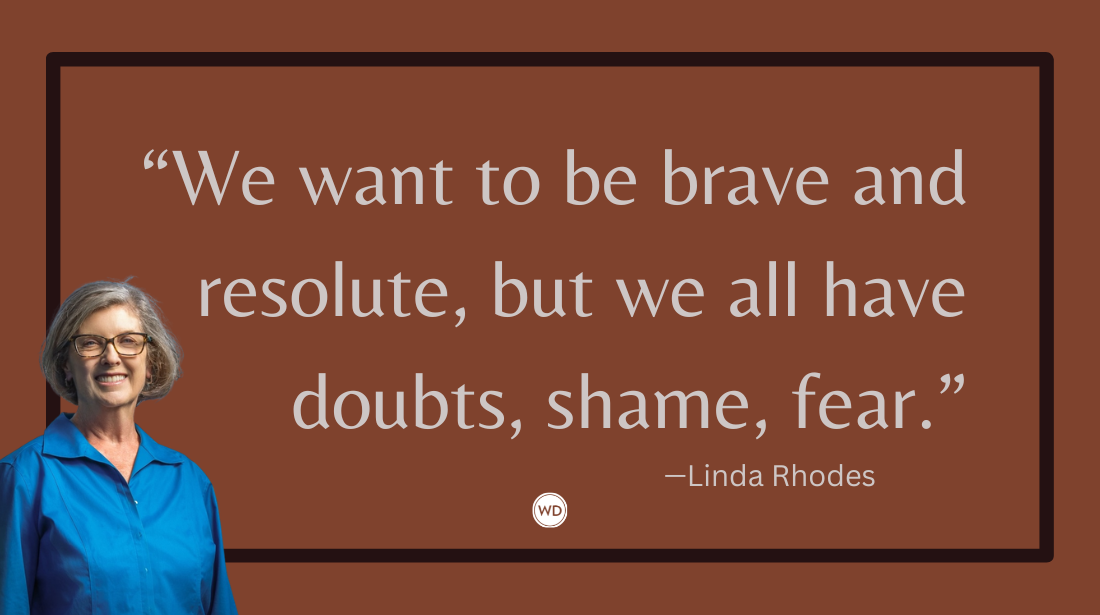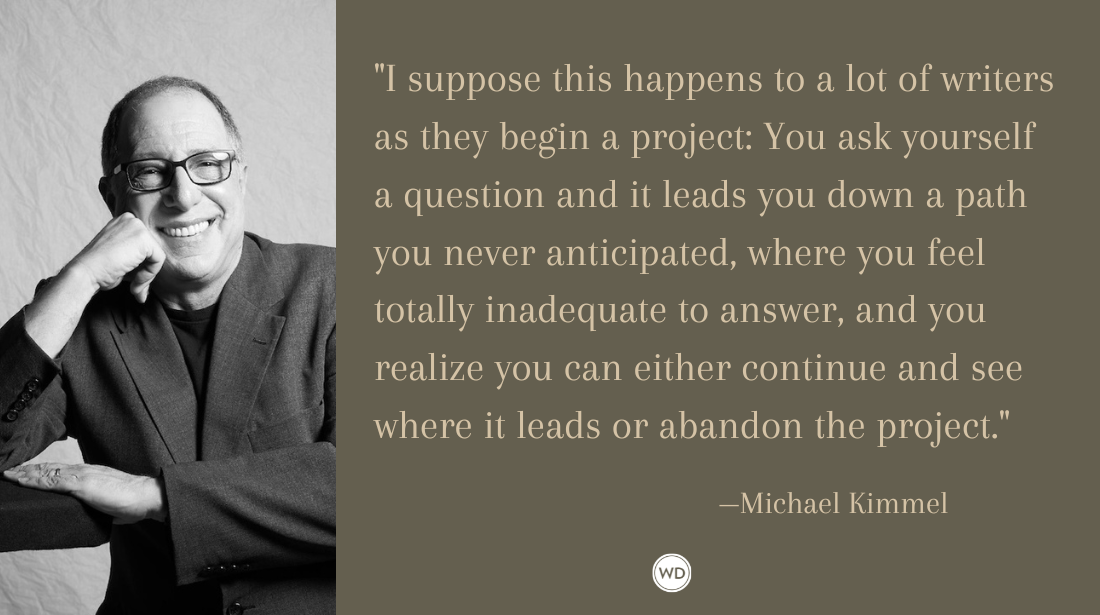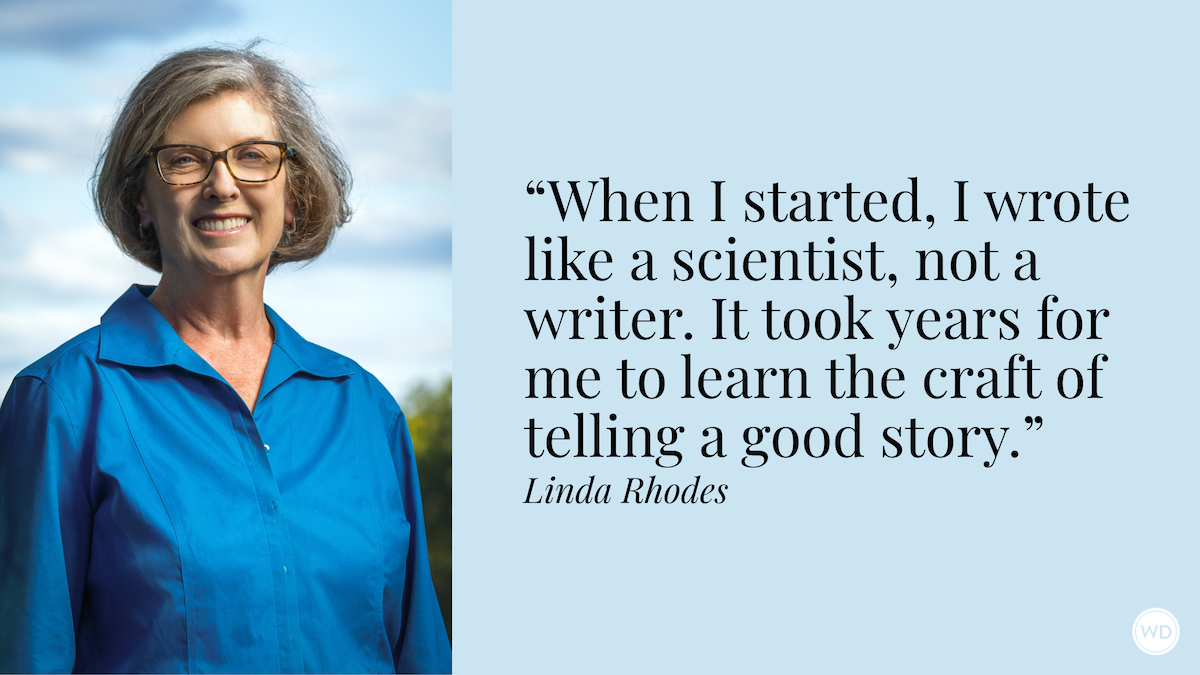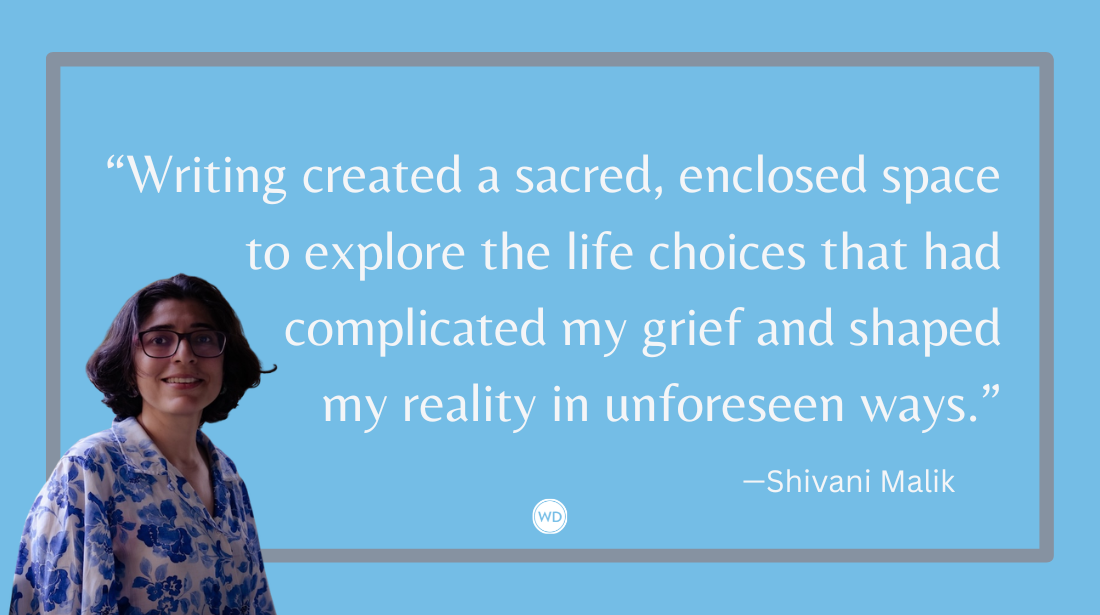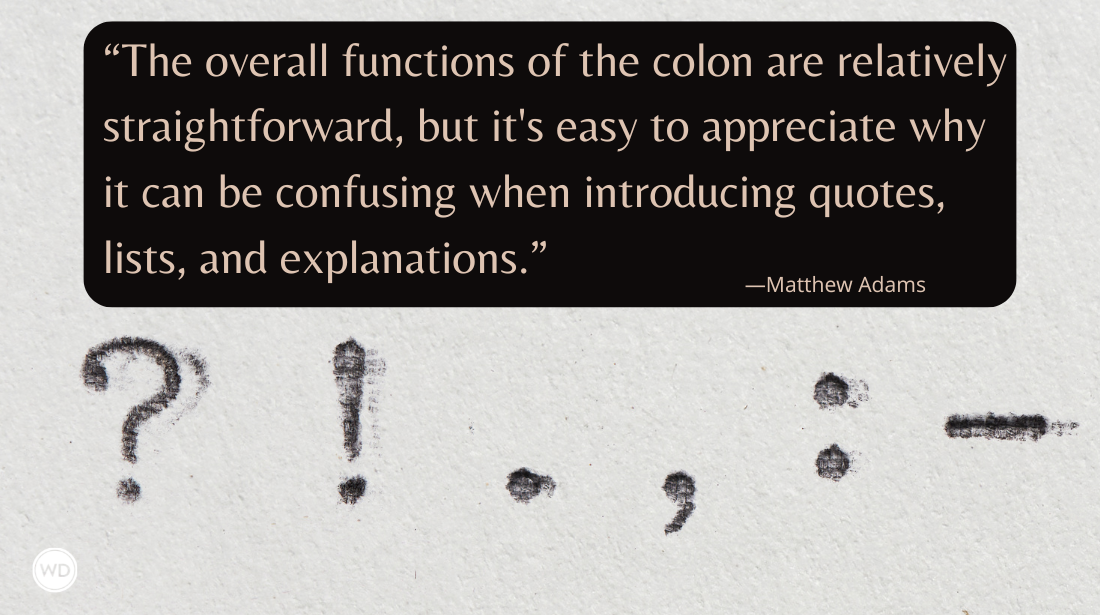Writing Through the Troubles
Author J.D. Mathes shares the importance of writing through the troubled moments of our lives to find healing for ourselves and others.
"An unexamined life is not worth living." —Socrates
What does it mean to relate a healing story? It’s exploration, really.
You tell a story about a part of your life impacted by a traumatic event even if the event covers a broad stretch of time, like the Holocaust, a war, a prison sentence, or if it was a singular event like a beating, a rape, an overdose, a car crash, an arrest... You need to reflect on those events and what they mean in relation to you and to others in your life. It’s about coming to terms and making sense of your life.
Even if it appears senseless, meaning can still be made of it. And isn’t that what we want when we talk about healing? To make the suffering meaningful? It allows us to tell our story and make the suffering transcendent.
When I got a call to lead a workshop at Pasadena City College for formerly incarcerated students and their families, the organizer told me they wanted to focus on writing healing narratives. I had led workshops in different settings: colleges, literary organizations, PEN America’s Prison and Justice Writing Program, and the unique Southernmost Writers Workshop in the World at Amundsen-Scott South Pole Station when I worked in logistics.
Even as a student of creative writing, we readers were confronted with some sensitive material to critique. Never once had I heard it called a healing story. Sure, we knew about catharsis in its literary context, but this was different. I agreed, having learned techniques to share. I’d spent the last decade struggling to write about my experiences of being incarcerated, which resulted in my book, Of Time and Punishment: A Memoir.
What you have been through.
In Trauma and Recovery, the author and clinical psychiatrist Judith Herman wrote that Stage Two in the process of recovery from traumatic experience is the sharing of a personal narrative with those who understand and won’t judge them. Dr. Jonathan Shay has confirmed this in his work with veterans suffering from PTSD as told in his books Achilles in Vietnam and Odysseus in America. During World War One psychologists used “the talking cure” to help heal shellshocked soldiers.
In my case, for my memoir, I wrote about my arrest after aiding and abetting a friend in the theft and getting rid of a machine-gun from our armory. In that moment I lost my military career, became a felon, lost the future I thought I’d have, and turned 21 in prison serving two years. I had to process the guilt, my stupidity, my family’s pain, and the horror that followed in its wake. When I finally wrote it right, I felt a strange relief.
You can tell this in an unfolding way without the presence of the present you. The reader can experience your life as you lived it. Consider moments, the scenes in film terms, to propel the dramatic action of your story. Can you use digressions to serve the present narrative as in The Odyssey? But be aware they can sap the narrative drive from your story. Are you engaging the reader’s sympathetic imagination?
A great strategy is to write a character study of your younger self. Remember that person is gone into the past and essentially a character in your life story. You are someone else now. This can help create emotional distance and enable you to write honestly.
Who you are/were.
American philosopher Martha Nussbaum tells us, a bad-enough experience in adulthood can wreck the noblest of character. In other words, events can alter who you are. It’s not uncommon for family members to say of someone who underwent a catastrophic event that they don’t recognize the person who came back.
In an essay, “Rough Road,” I published in The Sun, I find myself drunk out in the desert looking back at Las Vegas, trying to sober up before riding the 10-speed bicycle back to the halfway house. It was the first time I’d drank since my arrest and risked being sent back to prison. I considered my childhood of growing up in the desert a good kid and the city I moved to and lost my way and fell hard like a rebellious angel.
In narratives such as this, it is good to reveal yourself through the action of the story. Reflect on who you were in the past when the trauma occurred in relation to who you are now. You can frame your past story. You can use the present self or a narrator that represents another time after the event you are examining. Hindsight allows reflection and the opportunity to make meaning in direct ways.
There is a point where most of us realize we’ve changed, whether it was slow or sudden. What does it mean? What is the transformational realization as you look back?
Others in your life then and now.
Dr. Yael Danieli, a trauma researcher, describes secondary trauma. She began her work with Holocaust survivors and their families. She has noted veterans, who have not been treated for the “psychological and moral injuries” suffered during their military service, tend to pass on their trauma to their families.
I thought a lot about the people who were around at the time of my arrest. I felt ashamed about my mother. I considered how she must have felt when she watched me marched in cuffs on the 6:00 news and how it affected the rest of her life. The essay that sprang from this was, “Momma Tried,” forthcoming in The Massachusetts Review.
The strategy is to write the story from another’s point of view who was around at the time. While you’re the protagonist in your story, you’re not in others. With someone you knew well you’d know how they reacted as events unfolded. With other minor characters, you can explore other reactions. When you start to imagine them in their world and their point of view, you will find rich truths and uncover new ways of looking at your story.
What your dreams were and are.
A therapist told me to bring stability to my life; I needed to grieve for the boy who died in me when I was sentenced. He was gone and the life I could have led is impossible even though the desire is still in me.
The military, paramedic, or a cop were no longer options. I needed to accept that and become someone new. It would give me peace, but I didn’t. My obsessions about reclaiming the past failed, and I collapsed into a life of addictions instead, which are explored in my memoir.
It is sometimes interesting to compare what your dreams were before the experience to who you’ve become later in life. Is there a reconciliation between the past and the present of the story?
Write for the self or publication.
I encouraged those writers to be honest with themselves. Trust the process and let yourself go. Kim Barnes, said, “Writers, all artists really, must be comfortable in the unknown to make their art.”
In a way, it’s like living and making meaning of your life. I also cautioned them that if they were still vulnerable, then they shouldn’t share their story yet. Write for themselves, journal and start the journey. But I also made it a point to say that while writing a healing narrative can be freeing, it isn’t professional therapy.
You don’t have to try to tell everything in one essay, story, or poem. You can keep telling stories in different ways from different perspectives and discover deeper meanings. Over your lifetime, you can create a lot of stories and become better at writing them—ars longa, vita brevis—art is long, life is short. A beautiful thing to consider is that your writing will still be making meaning for others long after you’ve run out of breath.
Check out J.D. Mathes' Of Time and Punishment here:
(WD uses affiliate links)




